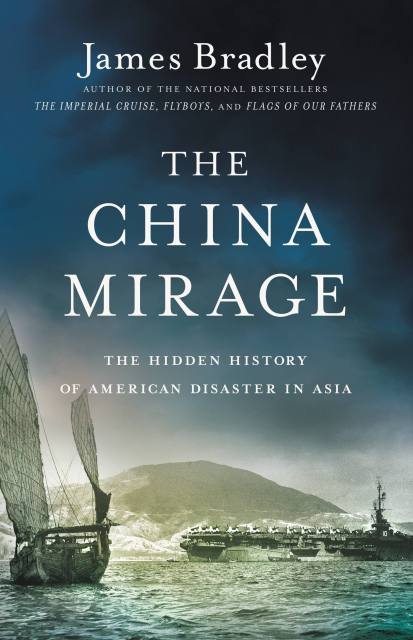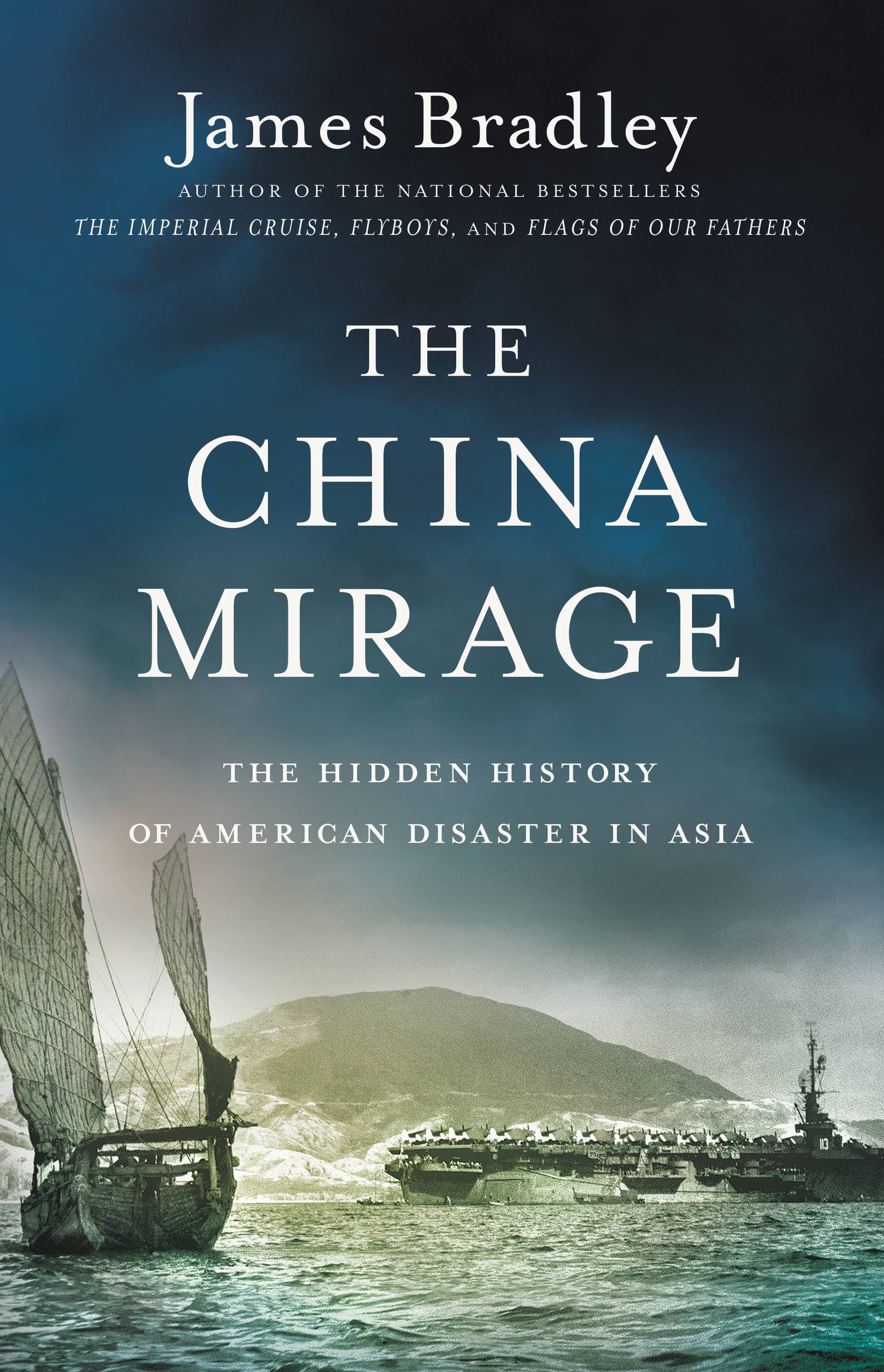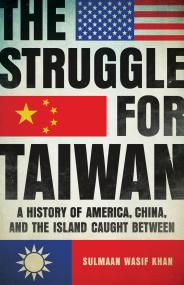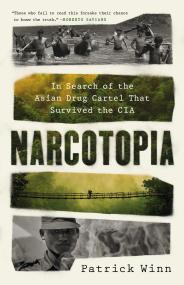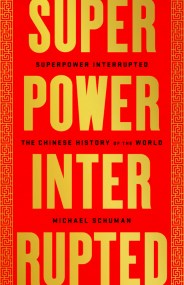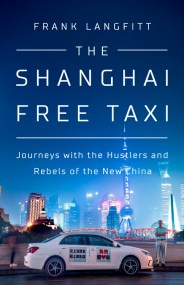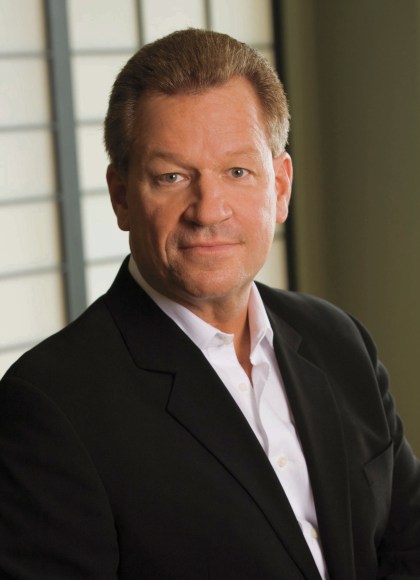By clicking “Accept,” you agree to the use of cookies and similar technologies on your device as set forth in our Cookie Policy and our Privacy Policy. Please note that certain cookies are essential for this website to function properly and do not require user consent to be deployed.
The China Mirage
The Hidden History of American Disaster in Asia
Contributors
Formats and Prices
- On Sale
- Apr 21, 2015
- Page Count
- 432 pages
- Publisher
- Little, Brown and Company
- ISBN-13
- 9780316196666
Price
$12.99Price
$16.99 CADFormat
Format:
This item is a preorder. Your payment method will be charged immediately, and the product is expected to ship on or around April 21, 2015. This date is subject to change due to shipping delays beyond our control.
Buy from Other Retailers:
From the bestselling author of Flags of our Fathers, Flyboys, and The Imperial Cruise, a spellbinding history of turbulent U.S.-China relations from the 19th century to World War II and Mao’s ascent.
In each of his books, James Bradley has exposed the hidden truths behind America’s engagement in Asia. Now comes his most engrossing work yet. Beginning in the 1850s, Bradley introduces us to the prominent Americans who made their fortunes in the China opium trade. As they — -good Christians all — -profitably addicted millions, American missionaries arrived, promising salvation for those who adopted Western ways.
And that was just the beginning.
From drug dealer Warren Delano to his grandson Franklin Delano Roosevelt, from the port of Hong Kong to the towers of Princeton University, from the era of Appomattox to the age of the A-Bomb, The China Mirage explores a difficult century that defines U.S.-Chinese relations to this day.
In each of his books, James Bradley has exposed the hidden truths behind America’s engagement in Asia. Now comes his most engrossing work yet. Beginning in the 1850s, Bradley introduces us to the prominent Americans who made their fortunes in the China opium trade. As they — -good Christians all — -profitably addicted millions, American missionaries arrived, promising salvation for those who adopted Western ways.
And that was just the beginning.
From drug dealer Warren Delano to his grandson Franklin Delano Roosevelt, from the port of Hong Kong to the towers of Princeton University, from the era of Appomattox to the age of the A-Bomb, The China Mirage explores a difficult century that defines U.S.-Chinese relations to this day.
Genre:
Newsletter Signup
By clicking ‘Sign Up,’ I acknowledge that I have read and agree to Hachette Book Group’s Privacy Policy and Terms of Use
